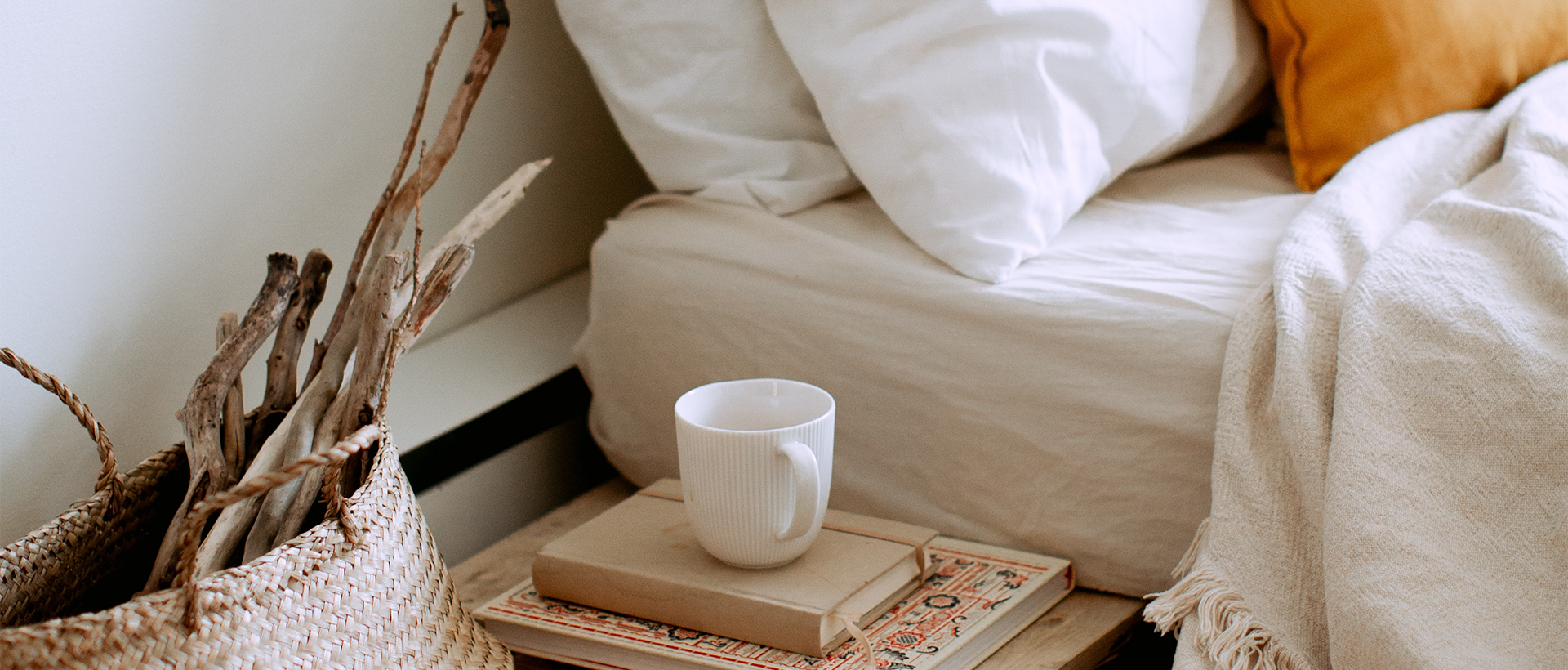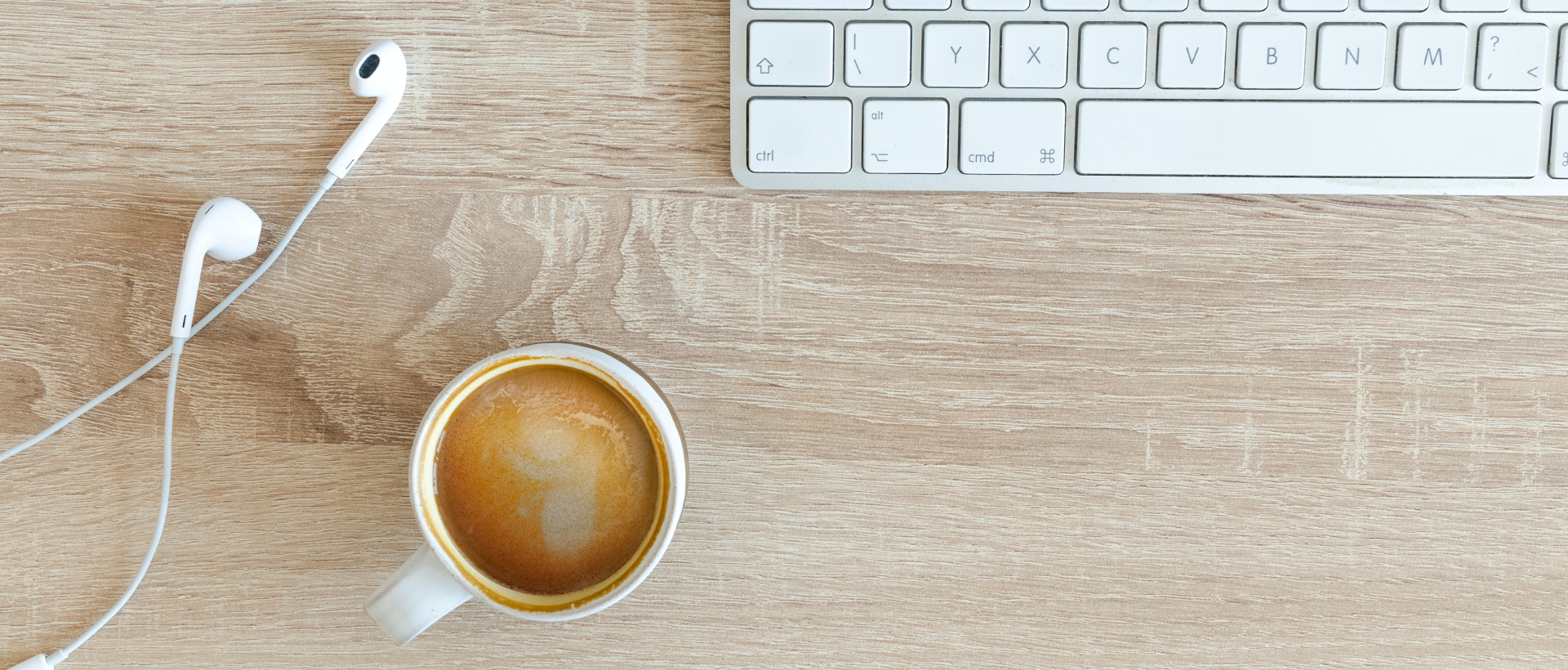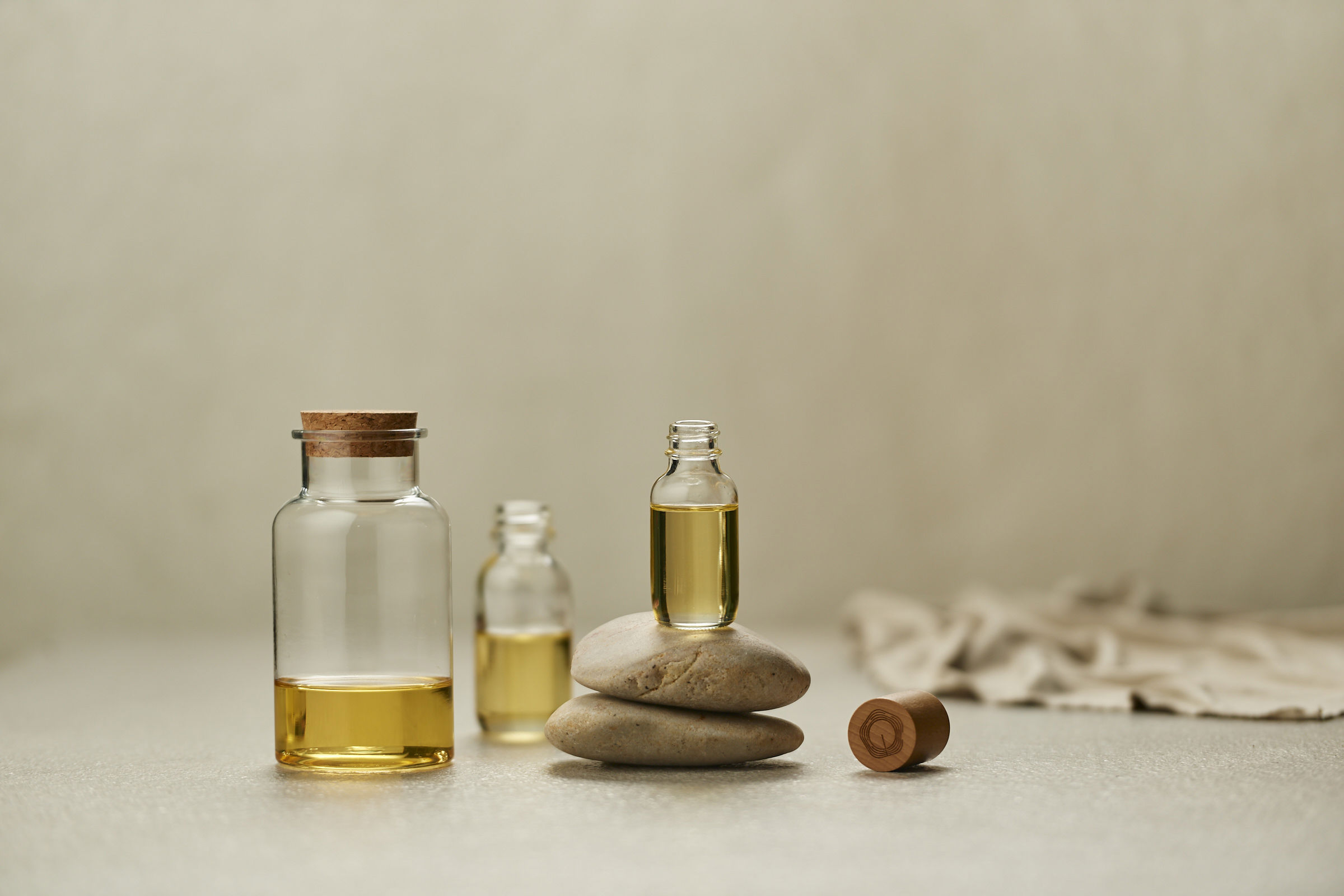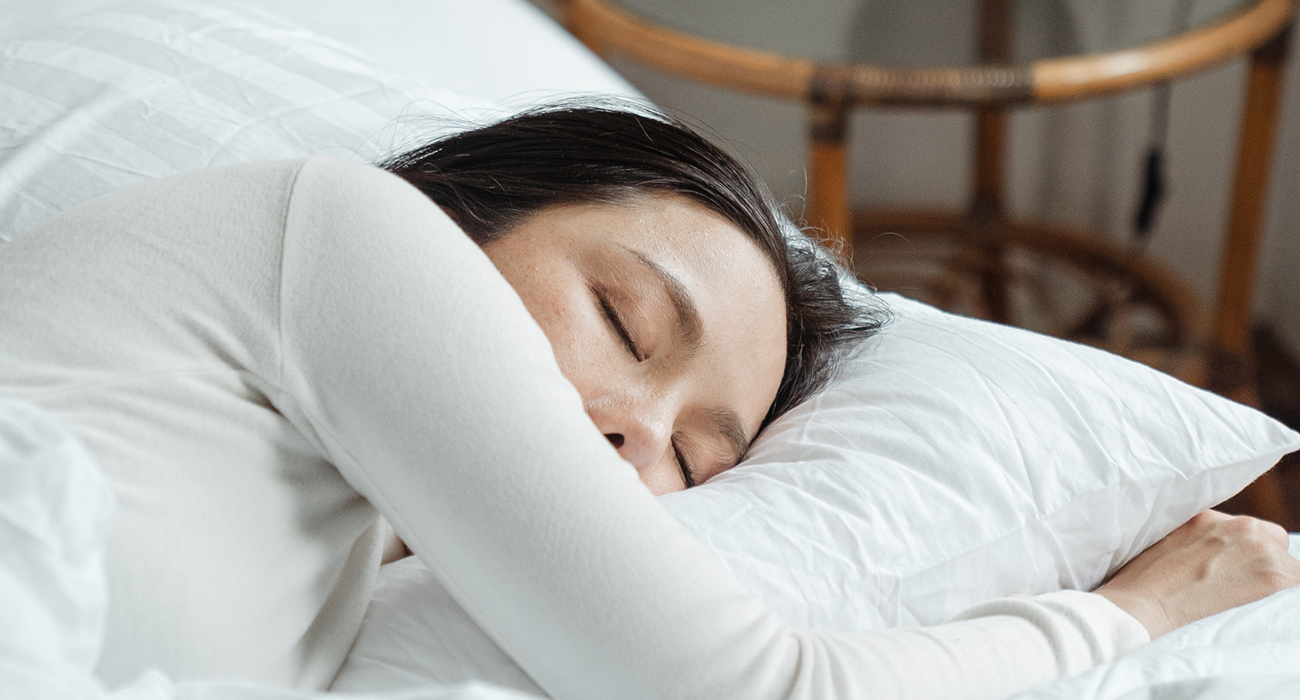How did you sleep last night?
If you answered ‘not great’, don’t worry – you’re far from alone. Statistics from the US Centres for Disease Control and Prevention (CDC) show that the modern world is in the throes of a sleep crisis, with just 1 in 3 adult Americans getting enough shut-eye each night. While this may sound like bad news, the reality is far more nuanced. The fact that we are treating this as a crisis is proof of progress.
Once, not too long ago, sleep deprivation was seen as a badge of honour. Cast your mind back to the twenty-tens when the inference from every ‘Day in the life’ article of an influential business leader, entrepreneur, or politician was that a “successful” day required a 4:30am start and midnight knock-off. We were living in a culture of busyness: a place where working longer, harder, and later than the rest of the office was a coveted status symbol of productivity.
A saviour emerged from an unlikely place: the COVID-19 pandemic. The collective burnout of the working world compelled us to start taking work/life balance seriously – and woke us up to the need for sleep.

Why is Sleep so Important?
In short: sleep sustains us. It is a biological function essential and inseparable to life that provides our body time to repair, regulate, and restore. It’s true value, however, is best understood after a night without it.
Sleep affects almost every tissue and system in the human body, making it critical to mental and physical health. To prove the point, poor sleep is linked to a higher risk of almost every major disease and disorder, including heart disease, stroke, obesity, hormonal imbalances, a weaker immune system and issues with metabolism. Cognitively, sleep is essential for learning, the formation of long-term memories, and mood regulation.
Sleep is vital, though the natural course of action – i.e. actually getting enough of it – is proving easier said than done.
A Global Quest for Rest
There are several reasons why many people struggle to get sufficient sleep each night (7 or more hours, according to the CDC). Genetic makeup is a factor, as are lifestyle changes including increased consumption of alcohol, caffeine, and a lack of exercise. Our increasingly online and interconnected world is also to blame. (How many of us include a final check of social media in our bedtime ritual?).
“Sleep aids” is the title given to the group of products designed to help an individual get to sleep, stay asleep, or improve their sleep quality; a category that covers everything from mattresses and weighted blankets to counselling, medications, and supplements. In 2021, the global sleep aids market was valued at USD $64.08 billion with an expected CAGR of 7.1% for the period 2022-2023.
As with most things, sleep is a spectrum. Some people will require medical intervention to solve their sleep problems, while others may observe noticeable differences with simple changes to their routine or environment, or the incorporation of natural sleep aids like plant, vitamin or mineral supplements. One such natural sleep aid is Indian sandalwood (Santalum album): a highly prized aromatic ingredient proven to support restful and restorative sleep.

A Natural Remedy: How Sandalwood Supports Better Sleep
Indian sandalwood has been used for centuries in cultural systems of healing, including Ayruveda and Traditional Chinese Medicine. Modern studies have revealed the science behind the natural ingredient and highlighted its effectiveness in supporting sleep. Whether used in a diffuser, burnt as incense, or applied topically to the skin – Indian sandalwood has been observed to bring about the following sleep-positive benefits.
Decreases System Arousal
“Arousal” refers to the physiological and psychological state of being awake. Research has shown that the absorption of Indian sandalwood oil through the skin stimulates a significant reduction in the following signs of arousal: eye-blink rate, pulse rate, and systolic blood pressure, which is associated with the sympathetic nervous system (“fight or flight”).
Reduces Anxiety
Anxiety is a common culprit for insufficient or poor sleep. Indian sandalwood’s fragrance molecules can penetrate the blood-brain barrier and interact with receptor types in the brain such as GABA (said to reduce anxiety), stimulating the body’s parasympathetic (or ‘rest and digest’) response and supporting rest.1

Improves Sleep Quality
Sleep quality is a measurement of how well you are sleeping. It considers four attributes: Sleep latency (how long it takes to get to sleep), sleep waking (how often you wake during the night), wakefulness (how many minutes you spend awake after you go to sleep), and sleep efficiency (the amount of time you actually spend asleep in bed).
Indian sandalwood oil and it's main constituent alpha santalol are found to reduce the parasympathetic activities of the brain which is directly linked to wakefulness and restlessness.1,2
In the Waking Hours
A true 2-in-1 ingredient, Indian sandalwood can also ward off the impacts of poor sleep when used during the day. Research shows that whilst the oil acts as a relaxant physically, it is a stimulant behaviourally. In other words: it calms the body while delivering a boost of alertness and focus.2, 3
An Ingredient to Signpost Sleep
Just as people seek Vitamin C for a strong immune system or Salicylic Acid for acne, there is authentic opportunity within the sleep aids market for Indian sandalwood to emerge as a signpost ingredient for consumers’ searching for natural products that support rest. Its appeal is only strengthened knowing Quintis can provide a steady and sustainable source.
Continue reading:
- Creative Ways to Incorporate Indian Sandalwood into Your Product Line
- Complementing natural and man-made: A sandalwood case study
